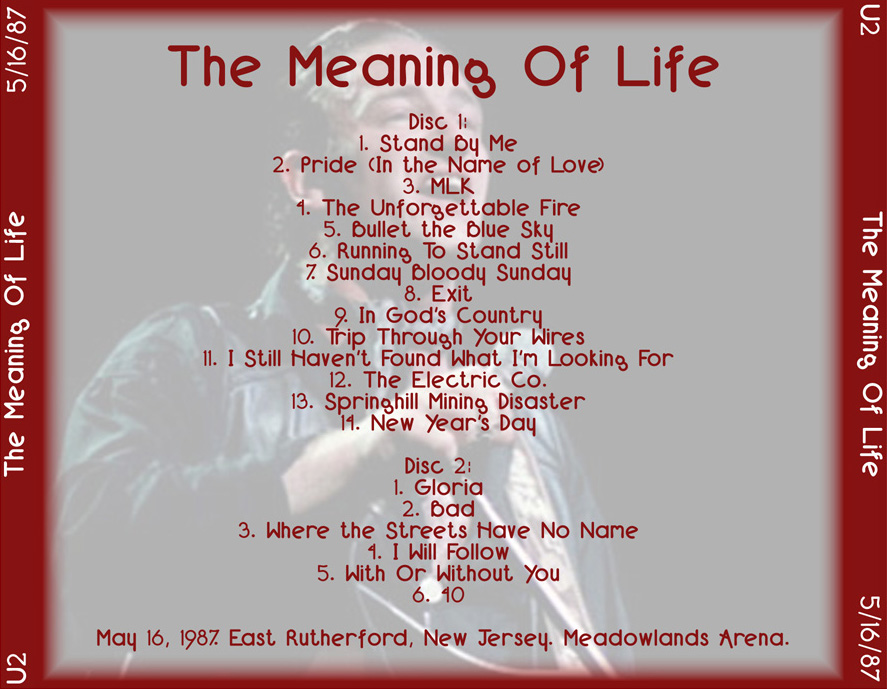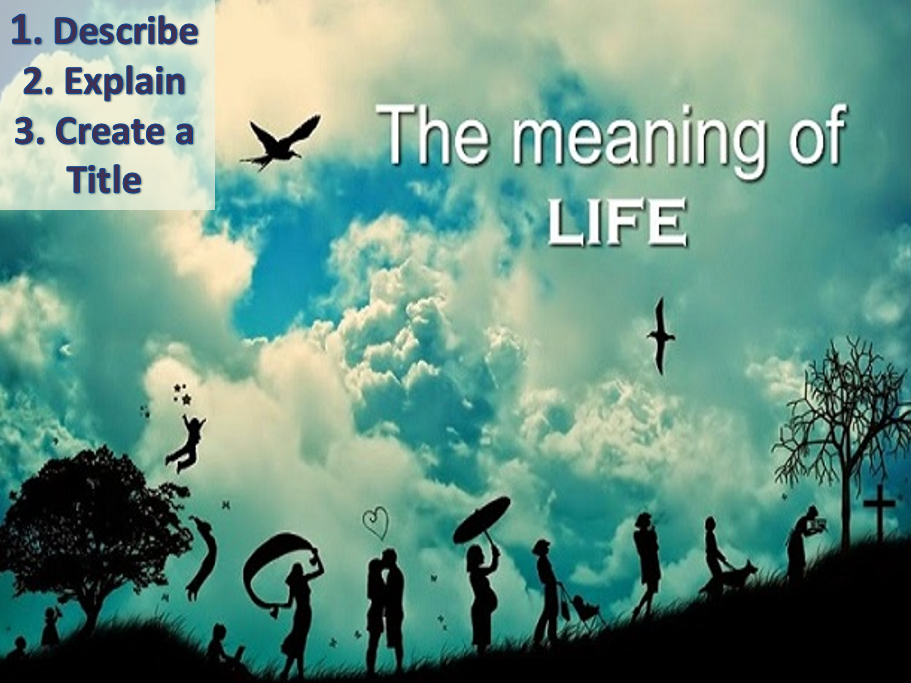

Other times, it felt like my doubts weren’t about philosophy’s nature, but its value. I was giving lectures and grading papers in an academic discipline a student once described as “like computer science had a baby with poetry.” But was that activity really philosophy or some toxic simulacrum of it? I mean, I had a grip on it at the everyday level. Sometimes my problem seemed to be that I’d lost a stable grasp on what philosophy was. My panicked ruminations focused partly on the point of life, partly on the point of philosophy and partly on whether those two things could ever come together in my own particular case. The question “What gives a life depth, purpose and enduring value?” wasn’t theoretical for me that fall I’d spent 95 percent of my free time thinking about it for the previous two years. Then he changed the title to “Smart Women, Bad Choices” and the waitlist stretched from his office to, roughly, a small hamlet on the Massachusetts-Connecticut border.Īnother thing I wasn’t telling my students was that the decision to teach this particular course was something of a desperation move on my part. The real reason was that I was following what my colleague calls “the Cole principle.” Professor Cole taught a class called “Nineteenth-Century European Literature” for ten years and about three very earnest people took it across that whole period. “People don’t use the phrase Meaning in Life so much,” I lied. “Why did you call this class The Meaning of Life, then?” someone asked. For instance: What gives a life depth, purpose and enduring value? What makes living worthwhile rather than futile?” “So in contemporary philosophy questions about the meaning of life have given way to questions about meaning in life: questions about what makes particular lives meaningful.

“But over the past couple of centuries the idea that the universe has an inherent rational purpose has lost ground,” I continued. “When most people hear it, they think of large-scale questions like ‘What does it all mean?,’ ‘Why are we here?,’ ‘Why is there something rather than nothing?’ The assumption is that there’s some deep order built into the universe that we might uncover and comprehend.” “That phrase is a bit misleading,” I said. Sixteen heads bobbed over a regiment of crisp new notebooks and pens cocked for action. “I assume you’re here for The Meaning of Life?” I asked on the first day of classes a few falls ago. This is the third column in a four-part series by Helena de Bres on academic philosophy and the meaning of life, published weekly read the rest here.


 0 kommentar(er)
0 kommentar(er)
